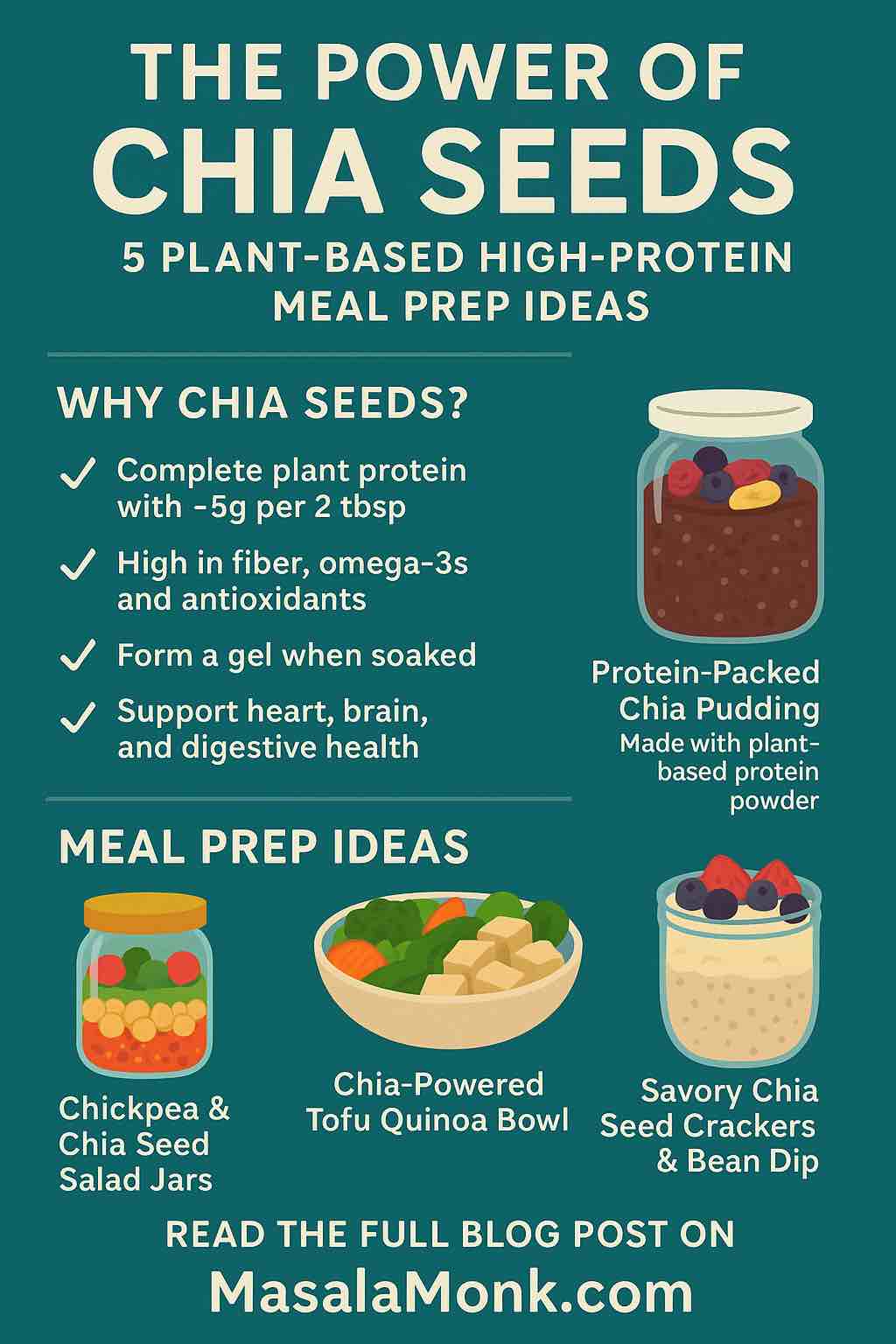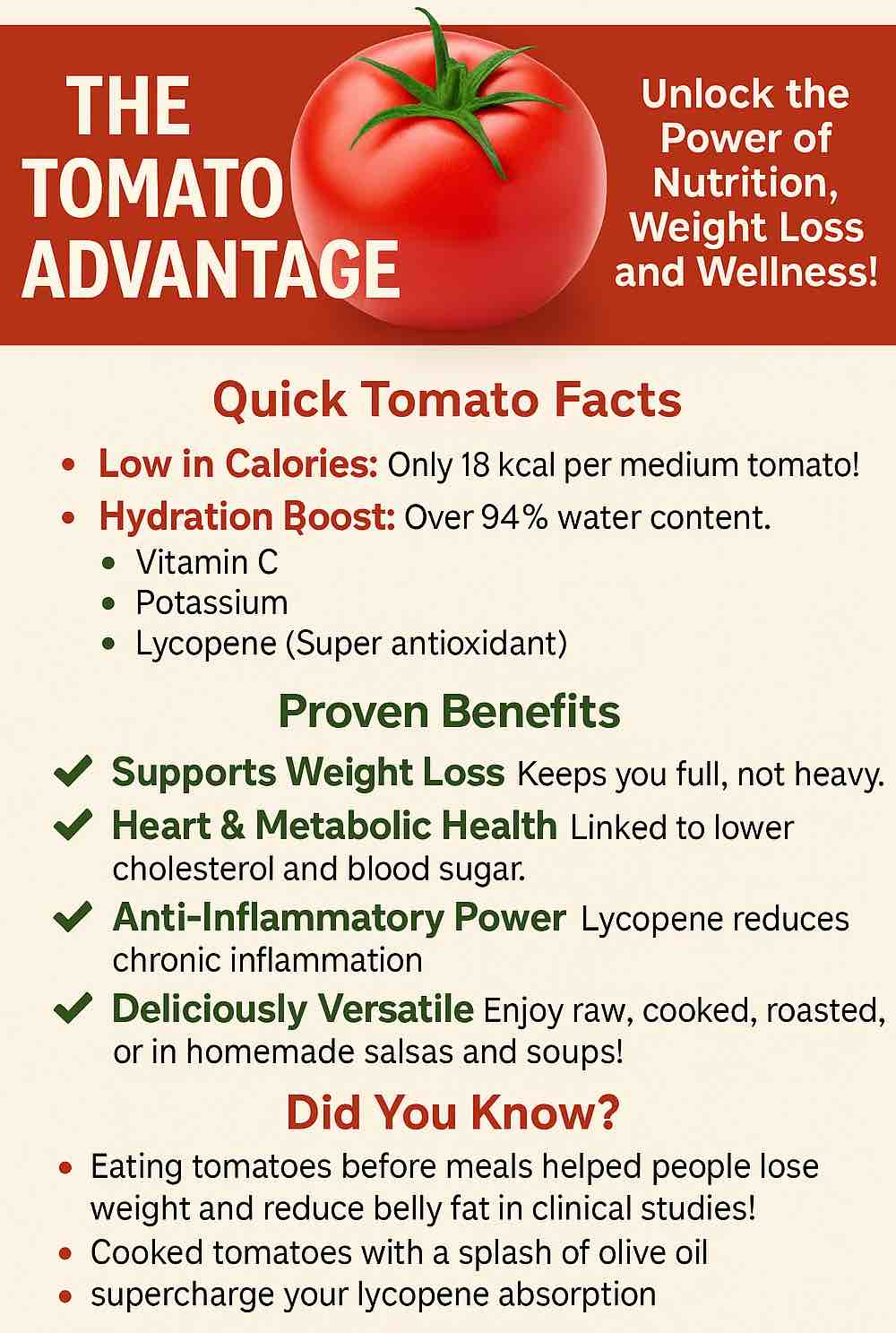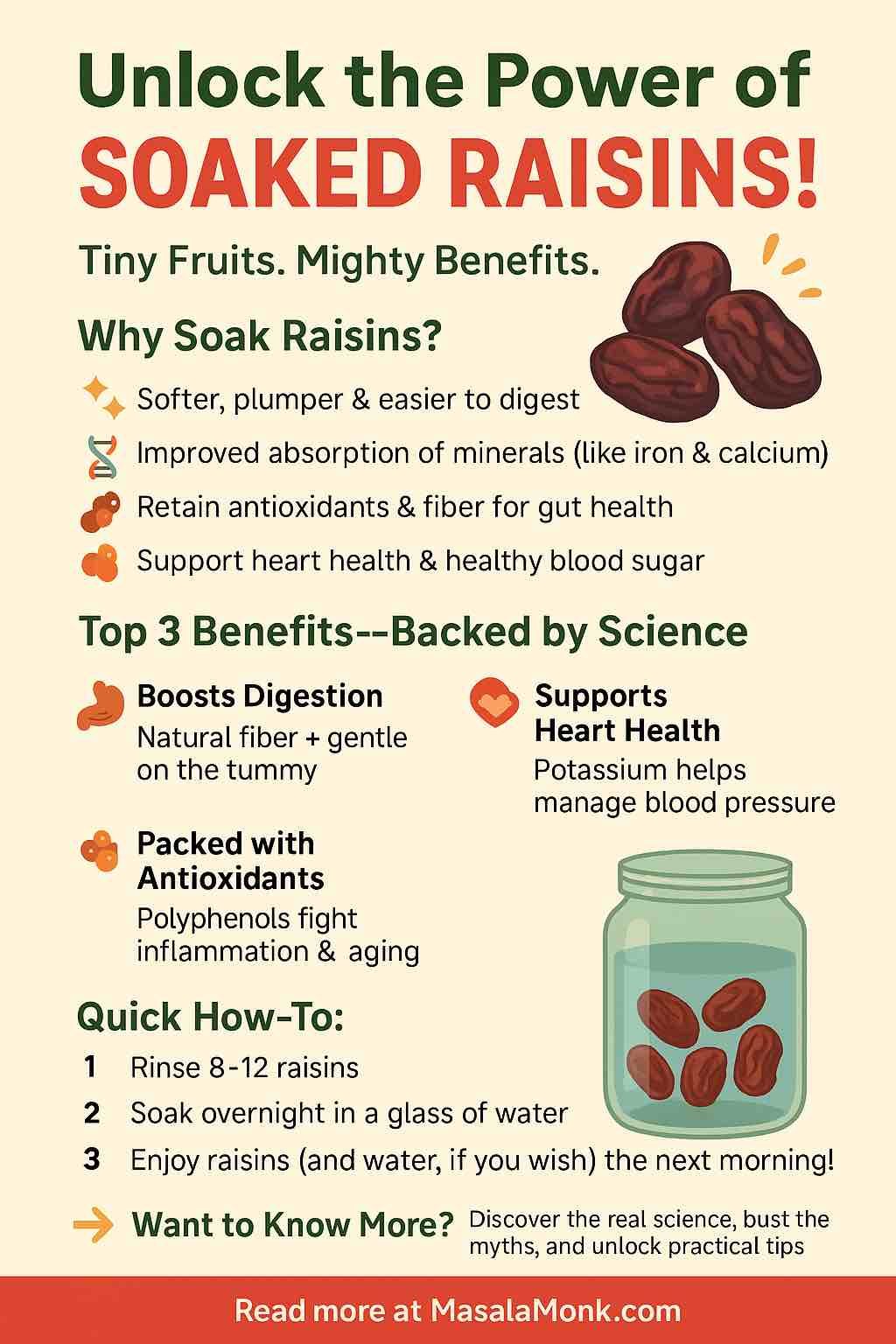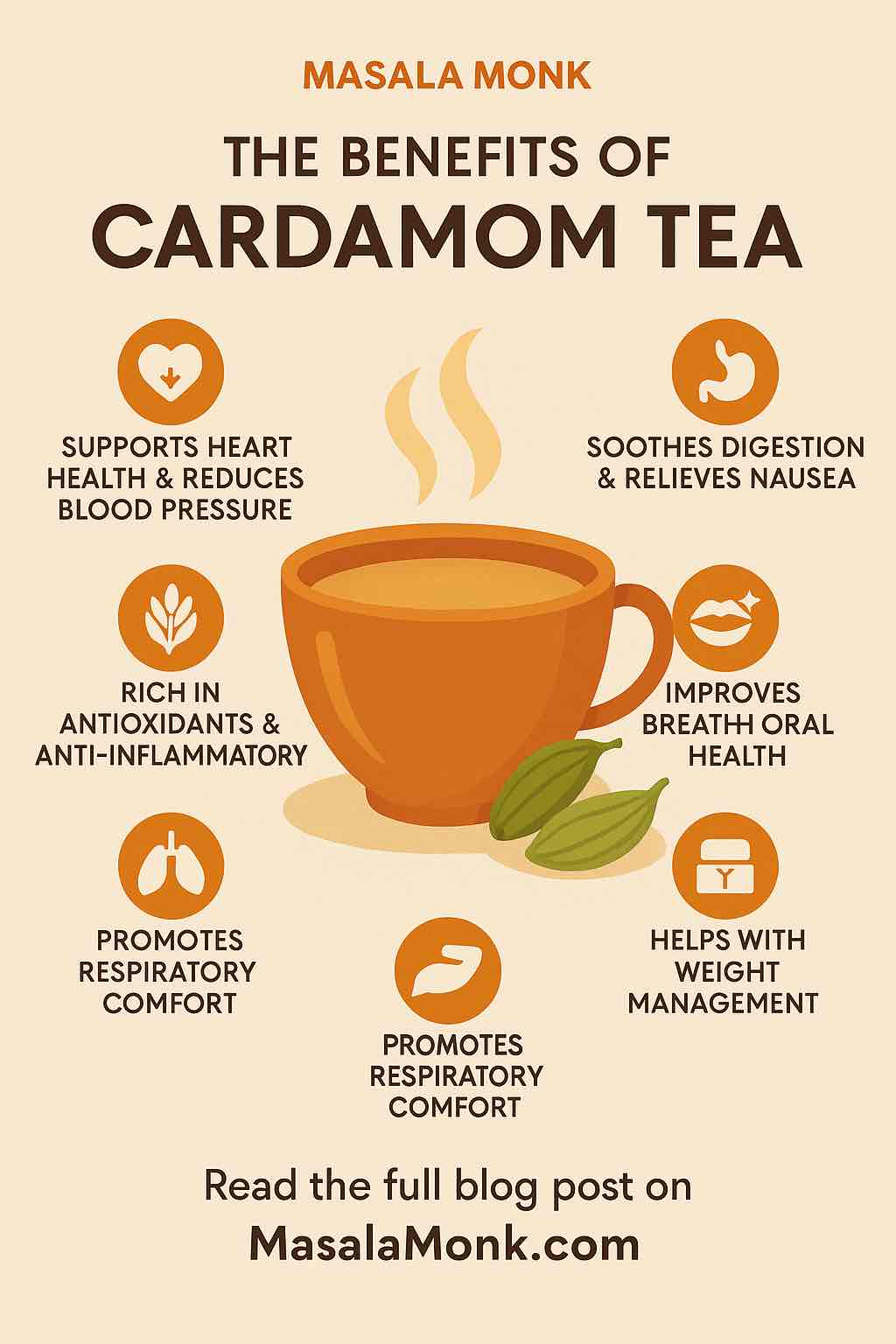
In today’s fast-paced world, meal prepping isn’t just a trend—it’s a lifestyle hack for staying healthy, energized, and organized. But when you’re aiming for plant-based meals that are genuinely high in protein, it can be a challenge to keep things interesting and nutritious. That’s where the humble chia seed shines! In this post, we’ll explore why chia seeds are a plant-based powerhouse and show you five practical, delicious meal prep ideas that put protein at the center of your plate.
Why Chia Seeds Deserve a Place in Every Plant-Based Kitchen
Chia seeds might be tiny, but their nutrition profile is nothing short of mighty. Here’s what makes them a superstar:
- Complete Plant Protein: Chia seeds provide all nine essential amino acids, making them one of the rare complete proteins in the plant world. Just two tablespoons offer about 5g of protein—perfect for bumping up your meal’s macro profile.
- Rich in Omega-3s: They’re one of the richest plant sources of ALA omega-3 fatty acids, crucial for heart and brain health.
- Loaded with Fiber: With 10g of fiber per serving, chia supports digestive health, satiety, and steady energy.
- High in Antioxidants and Micronutrients: Expect a hit of calcium, magnesium, iron, and potent antioxidants that fight inflammation and cell damage.
- Gel-Forming Magic: When soaked, chia seeds absorb up to 12x their weight in liquid, creating a satisfying texture for puddings, smoothies, and even egg replacers in vegan baking.
Latest Science: More Than Just a Trend
Recent studies show that daily chia seed consumption can help lower blood pressure, improve cholesterol, reduce inflammation, and support weight management. A 2023 review concluded that chia’s unique bioactive peptides and omega-3s support cardiovascular, metabolic, and even cognitive health.
The Secret to High-Protein Plant-Based Meals: It’s All in the Mix
While chia seeds are great on their own, the real magic happens when you combine them with other plant-based proteins. Use them to boost the protein in meals built around legumes, soy, nuts, and whole grains.
Pro Tip: Always hydrate chia seeds (soak them in liquid for at least 15–30 minutes). This not only helps you absorb their nutrients but also makes your meals easier to digest.
5 Practical, High-Protein Chia Seed Meal Prep Ideas
Ready to level up your plant-based meal prep? Here are five make-ahead recipes that combine chia’s power with other high-protein ingredients. Each can be made in advance, portioned out, and stored for grab-and-go convenience.
1. Protein-Packed Chia Pudding Parfaits
Why it works: Chia’s classic use! By adding plant-based protein powder and soy/pea milk (the highest-protein plant milks), you transform breakfast or snacks into a genuine muscle-builder.
How to Prep:
- Mix 3 tbsp chia seeds with 1 cup unsweetened soy milk and 1 scoop plant-based protein powder. Sweeten with a little maple syrup or date paste if desired.
- Stir well and refrigerate overnight.
- In the morning, layer with berries, sliced banana, and a tablespoon of almond butter or hemp seeds.
- Portion into jars for easy meal prep.
Protein per serving: 20–25g
Keeps for: 4–5 days refrigerated
2. Savory Chia Seed & Chickpea Salad Jars
Why it works: Chickpeas are a classic plant protein. Chia seeds in the dressing add texture, fiber, and an extra protein boost.
How to Prep:
- In a mason jar, layer ½ cup cooked chickpeas, diced bell pepper, cherry tomatoes, cucumber, and leafy greens.
- For the dressing: Whisk 2 tbsp chia seeds with ¼ cup lemon juice, ¼ cup tahini, 1 clove minced garlic, and water to thin.
- Pour dressing on the bottom of the jar before adding other ingredients (to keep veggies fresh).
- Shake before eating!
Protein per serving: 15–18g
Keeps for: 4 days refrigerated
3. Chia-Powered Tofu Quinoa Bowls
Why it works: This bowl combines three protein sources: tofu, quinoa, and chia—ideal for post-workout meals or hearty lunches.
How to Prep:
- Bake cubed extra-firm tofu with tamari and sesame oil until golden.
- Cook quinoa according to package instructions.
- Make a chia-lime dressing: Blend 2 tbsp chia seeds with ¼ cup olive oil, juice of 1 lime, 1 tbsp maple syrup, and a pinch of salt. Let it thicken.
- Assemble: ½ cup quinoa, ½ cup tofu, steamed broccoli, carrots, red cabbage, and a drizzle of dressing per bowl.
Protein per serving: 22–26g
Keeps for: 3–4 days refrigerated
4. High-Protein Chia Overnight Oats
Why it works: Oats, chia seeds, and nut butter make a protein-rich base; add vegan Greek yogurt for even more.
How to Prep:
- Combine ½ cup rolled oats, 2 tbsp chia seeds, 1 cup soy milk, 2 tbsp almond butter, and a dash of cinnamon in a jar.
- Mix in a scoop of vanilla vegan protein powder if desired.
- Let sit overnight, then top with berries and 2 tbsp vegan Greek yogurt in the morning.
Protein per serving: 18–24g
Keeps for: 4 days refrigerated
5. Crunchy Chia, Flax & Sunflower Crackers with White Bean Dip
Why it works: A snack box staple! Crackers are loaded with seeds for plant protein and fiber; pair with bean dip for a complete snack.
How to Prep:
- Mix 1 cup ground flaxseed, ½ cup chia seeds, ½ cup sunflower seeds, salt, pepper, and water to form a dough. Spread on a lined baking sheet and bake at 325°F (160°C) for 35–40 minutes.
- For the dip: Blend 1 can white beans, 2 tbsp olive oil, juice of 1 lemon, 1 clove garlic, and a splash of water until smooth.
- Portion crackers and dip into snack containers.
Protein per serving: 12–16g
Keeps for: 5 days refrigerated
Tips for Success: Getting the Most from Chia Seeds in Meal Prep
- Hydrate for Digestibility: Always soak chia seeds before eating for optimal digestion and nutrition.
- Pair for Complete Protein: Combine chia with soy, legumes, or whole grains to ensure a complete amino acid profile.
- Batch Prep: Make a big batch of chia pudding, salad dressing, or crackers at the start of the week to save time.
- Stay Hydrated: Chia is high in fiber—drink plenty of water throughout the day to support digestion.
- Experiment: Chia can also be added to smoothies, soups, vegan pancakes, and baked goods for a subtle nutrition boost.
Final Thoughts: Tiny Seeds, Massive Benefits
Chia seeds are more than a passing fad—they’re a powerful, versatile ingredient backed by science and beloved by home cooks for good reason. Whether you’re prepping meals for the week, aiming to boost your plant-based protein, or just looking for simple ways to upgrade your nutrition, chia seeds deserve a permanent spot in your pantry.
Ready to get started? Pick one (or all) of the meal prep ideas above and see how easy, tasty, and satisfying plant-based eating can be!
Have a favorite chia meal prep trick? Share it in the comments or tag your creations on social! Want more in-depth recipes, macro breakdowns, or storage hacks? Let me know and I’ll tailor more posts just for you.
10 Frequently Asked Questions (FAQs) About Chia Seeds and High-Protein Plant-Based Meal Prep
1. How much protein do chia seeds have?
Chia seeds provide about 4–5 grams of protein per two-tablespoon (28g) serving. While not as high as beans or lentils, they offer a complete amino acid profile, making them an excellent addition to plant-based diets.
2. Do I need to soak chia seeds before eating them?
Yes, it’s best to soak chia seeds in liquid (water, milk, etc.) for at least 15–30 minutes. This makes them easier to digest and allows your body to absorb their nutrients more efficiently.
3. Can chia seeds replace eggs in vegan baking?
Absolutely! Mix 1 tablespoon of chia seeds with 3 tablespoons of water and let it sit for 10–15 minutes. The gel acts as a great egg substitute in many baking recipes.
4. What’s the best way to store prepped chia seed meals?
Store chia puddings, overnight oats, and other prepped meals in airtight containers in the refrigerator. Most will stay fresh for 4–5 days.
5. Are chia seeds safe for everyone to eat?
Most people can enjoy chia seeds safely, but those with certain digestive conditions or allergies should start with small amounts to see how they feel. Always drink plenty of water when eating chia due to their high fiber content.
6. How can I increase the protein in chia-based meals?
Pair chia seeds with other high-protein foods like soy milk, plant-based protein powder, beans, tofu, tempeh, lentils, or nut butters for a balanced, protein-rich meal.
7. Do chia seeds help with weight loss?
Chia seeds are high in fiber and expand when soaked, helping you feel full for longer. This can support weight management as part of a balanced diet and active lifestyle.
8. Are chia seeds a good source of omega-3 fatty acids?
Yes! Chia seeds are one of the richest plant-based sources of ALA (alpha-linolenic acid) omega-3s, which support heart and brain health.
9. Can I add chia seeds to hot dishes, like soups or stir-fries?
You can sprinkle chia seeds into soups or stews near the end of cooking. However, heating them too much can degrade some nutrients, so use them as a topping or stir them in after cooking for maximum benefit.
10. How much chia should I eat daily?
Most studies and nutritionists recommend 1–2 tablespoons (about 15–30 grams) of chia seeds per day as part of a healthy diet.













